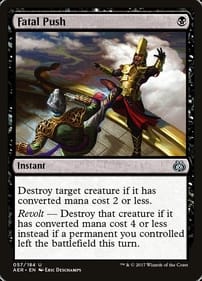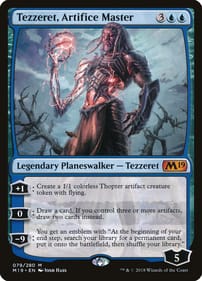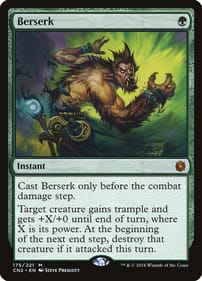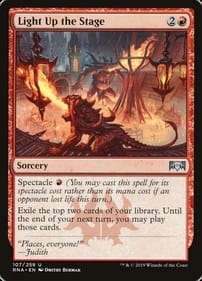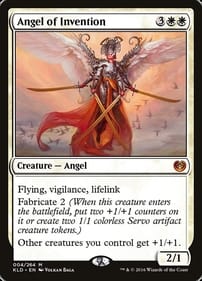Description
In Catan (formerly The Settlers of Catan), players try to be the dominant force on the island of Catan by building settlements, cities, and roads. On each turn dice are rolled to determine what resources the island produces. Players collect these resources (cards)—wood, grain, brick, sheep, or stone—to build up their civilizations to get to 10 victory points and win the game.
Setup includes randomly placing large hexagonal tiles (each showing a resource or the desert) in a honeycomb shape and surrounding them with water tiles, some of which contain ports of exchange. Number disks, which will correspond to die rolls (two 6-sided dice are used), are placed on each resource tile. Each player is given two settlements (think: houses) and roads (sticks) which are, in turn, placed on intersections and borders of the resource tiles. Players collect a hand of resource cards based on which hex tiles their last-placed house is adjacent to. A robber pawn is placed on the desert tile.
A turn consists of possibly playing a development card, rolling the dice, everyone (perhaps) collecting resource cards based on the roll and position of houses (or upgraded cities—think: hotels) unless a 7 is rolled, turning in resource cards (if possible and desired) for improvements, trading cards at a port, and trading resource cards with other players. If a 7 is rolled, the active player moves the robber to a new hex tile and steals resource cards from other players who have built structures adjacent to that tile.
Points are accumulated by building settlements and cities, having the longest road and the largest army (from some of the development cards), and gathering certain development cards that simply award victory points. When a player has gathered 10 points (some of which may be held in secret), he announces his total and claims the win.
Catan has won multiple awards and is one of the most popular games in recent history due to its amazing ability to appeal to experienced gamers as well as those new to the hobby.
Player Count
- 3 - 4
- Best at 4 players
Play Time
- 60 - 120 Min
Age
- 10+
- 2012 JoTa Best Game Released in Brazil Nominee
- 2012 JoTa Best Game Released in Brazil Critic Award
- 2011 Ludo Award Best Board Game Editor's Choice Winner
- 2005 Gra Roku Game of the Year
- 2004 Hra roku Winner
- 2004 Hra roku Nominee
- 2002 Japan Boardgame Prize Best Japanese Game Nominee
- 2001 Origins Awards Hall of Fame Inductee
- 1996 Origins Awards Best Fantasy or Science Fiction Board Game Winner
- 1995 Spiel des Jahres Winner
- 1995 Meeples' Choice Award
- 1995 Essener Feder Best Written Rules Winner
- 1995 Deutscher Spiele Preis Best Family/Adult Game Winner
Payment & Security
Your payment information is processed securely. We do not store credit card details nor have access to your credit card information.





